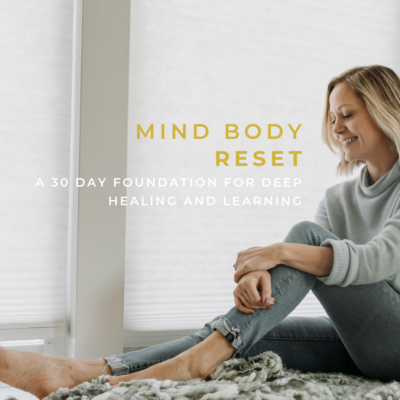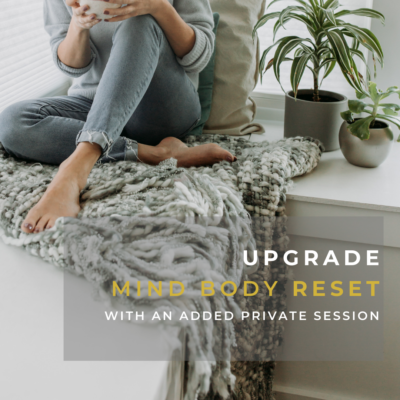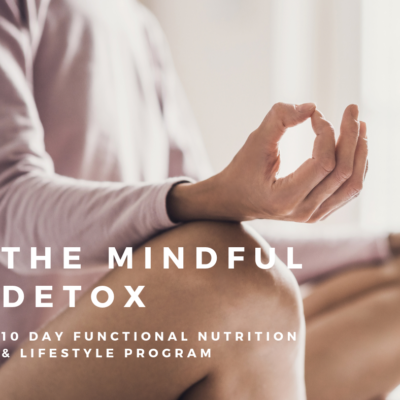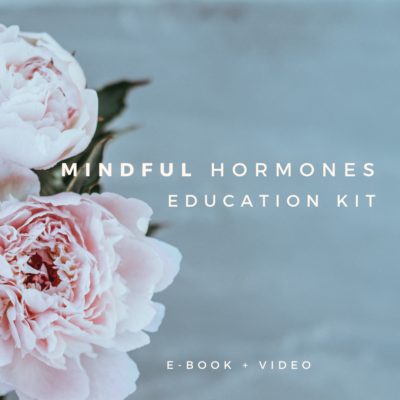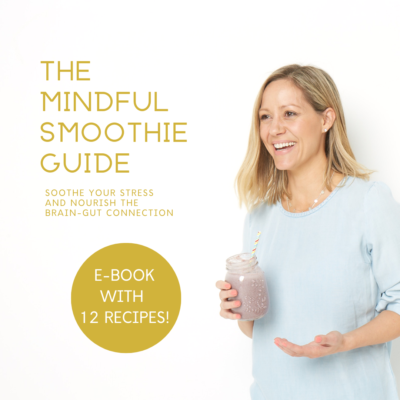Most people automatically think coffee is bad and it’s often the first thing they give up when they start on a healthy diet. But there’s actually a bit more to it than that. I’m going to explain how to use coffee wisely, avoid burnout and get maximum antioxidant benefits. All while protecting your hormones and allowing your endocrine system to function optimally.
Here’s how it works.
Coffee is a stimulant. Well the caffeine part is. And caffeine stimulates the adrenals to produce cortisol and adrenaline, this is what gives us the classic ‘caffeine’ boost. Coffee beans (yes a plant food) also contain a whole range of antioxidants called polyphenols. Interestingly, coffee is considered to be the highest source of antioxidants in the American diet, and there is a whole body of research on coffee that shows coffee drinkers live longer, have less heart disease and have reduced alzheimers. So why is coffee considered to be bad for us?
Well, it’s depends on a few things.
First thing to look at. Are you already burning out?
If you are pushing through the day and using coffee as a crutch to get you through (and it probably isn’t even working but you keep drinking it), then you are creating a perfect storm. Stressed adrenals can’t take more stress. It’s like trying to fuel inject on an empty tank. Doing this will most definitely lead to burnout. If you are exhausted, rest. Rest is the only way to heal. You also will benefit from adaptogens like rhodiola, withania, liquorice, Siberian ginseng and magnolia. Don’t push through. Stop the coffee now. (And you should probably take my 30 Day Mind Body Reset to learn more and heal). High cortisol over a long period is what can interfere with your hormones. So you need to manage the amount of coffee you are having if you have stress that is impacting hormones.
How does cortisol affect hormones?
Hormones do not function well under stress. There are a few reasons. First, the stress response blocks non-vital activity. Digestion, fertility and immunity are naturally suppressed when stress is on. It’s a down regulation, part of ‘fight or flight’. Second, there’s something called a ‘pregnenalone steal’. This is where the body makes cortisol before anything else. So if you are busy making cortisol (and being stressed and drinking copious amounts of coffee) your hormones again are not prioritised, and you will feel the impact over time. It’s called ‘tired and wired’.
Take away: If you are under stress, do not drink coffee.
Second thing to look at. What are you putting in your coffee?
Sorry guys. Sugar, milk and flavoured concoctions negate all the goodness. Liquid sugar, have to say, is the most evil kind of sugar because it just hides and we don’t even notice how much we are having. And milk is no better, the protein actually binds up the antioxidants and reduces the positive effects. Plus the permeates, low fat. No good. Soy, also avoid. Massive hormone disruptor.
The best way to have coffee is with cream or butter or coconut oil. Simply add a spoonful and blend in the blender. The fats helps to stabilise energy output, deliver the antioxidants to the brain and don’t interfere with the antioxidants. You can watch my Facebook video on which fats are healthy here.
Take away: When we are using coffee in a smart way, we then align with the benefits.
For those of you not adding milk or sugar, and not burning out on stress and false coffee energy, great! You can drink coffee and know it’s good for you. Plus coffee is fun! Health is not all bad news. We just gotta be smart.
Here are the top 5 benefits of our humble little coffee bean:
- Antioxidants – coffee beans contain compounds that help prevent damage to cells by free radicals
- Anti-inflammatory – coffee switches on NRF2 pathways in the same way that cruciferous vegetable (like kale and broccoli) and turmeric do
- Gut health – a cup of coffee contains up to 3 grams of fibre and has a beneficial influence on gut bacteria
- Cardioprotective – coffee improves blood flow an nutrient delivery which helps the heart and organs
- Neuroprotective – research shows coffee consumption reduces incidence of Parkinson’s, alzheimers and other neuro degenerative diseases via the phytonutrient trigonella
There we have it. The dark and the light side of coffee.
Want to see more? Watch my coffee video
Sita Huber, BHSc Nutritional Medicine


